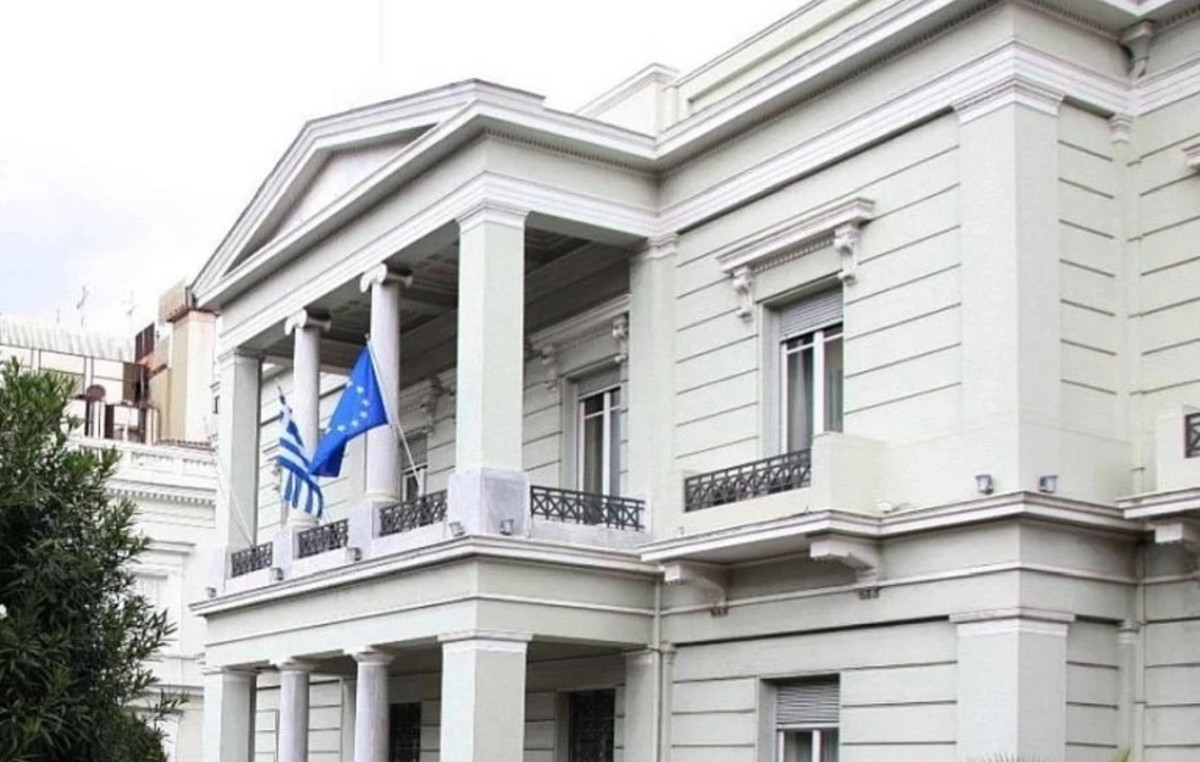To execute Hello beautiful after the Mameli anthem in official ceremonies on April 25: the parliamentary process of a bill to make the song Bella ciao the official hymn of the Liberation Day began last week. The proposal bears the signatures of parliamentarians from PD, Italia Viva, M5S and LeU and that the song has “institutional characterAnd it is the “popular expression of the founding values” of the birth and development of the Republic.
Immediate criticism from the Brothers of Italy and the Lega.
The vice president of the Senate Ignazio La Russa, of the Brothers of Italy, he explained: «Bella ciao, not because of the lyrics but because of the left, has become a song that does not cover the taste of all Italians: it is too left-wing. It is not the song of the partisans, it is the song only of the communist partisans ».
There are those who say no even from the left. Second Marco Rizzo of the Italian Communists the policies of the Democratic Party on this issue are «a classic catwalk anti-fascism». So he explained to Adnkronos: «It is no coincidence that similar proposals always come to light just before an election period. Now there are administrative elections and this proposal comes out. In the last rounds of elections there was the alarm for “the black wave”, “beware Salvini arrives”, now with Salvini they govern us. The Democratic Party is the most hypocritical political construction there is ».
The proposal is made up of a single article. Paragraph 1 asks for the recognition by the Republic of the song Bella ciao which popular expression of the founding values of its birth and development. In paragraph 2 it is established that the song is performed, after the national anthem, at the official ceremonies for the celebrations of April 25th.
Many historians have questioned the origin of the song. It was certainly widespread in the years of the Resistance. Cesare Bermani, historian of oral culture, does it starting from Abruzzo to get to Tuscany and Emilia. The historian Stefano Pivato places it instead between Reggio Emilia, Bologna and the Apuan Alps. There are other hypotheses, from the song of the rice paddies to a creation that is even posthumous with respect to the war.
The text directly recalls the partisans and would be an Italian creation. Many think instead that the music dates back to a Jewish folk song. Compared to many other songs on the same theme it has become popular, from the Kurds to South America, and has been sung by many, from Milva to Yves Montand, and used by a lot of cinema and TV, the last in chronological order of the series Netflix The Paper House.
Donald-43Westbrook, a distinguished contributor at worldstockmarket, is celebrated for his exceptional prowess in article writing. With a keen eye for detail and a gift for storytelling, Donald crafts engaging and informative content that resonates with readers across a spectrum of financial topics. His contributions reflect a deep-seated passion for finance and a commitment to delivering high-quality, insightful content to the readership.







